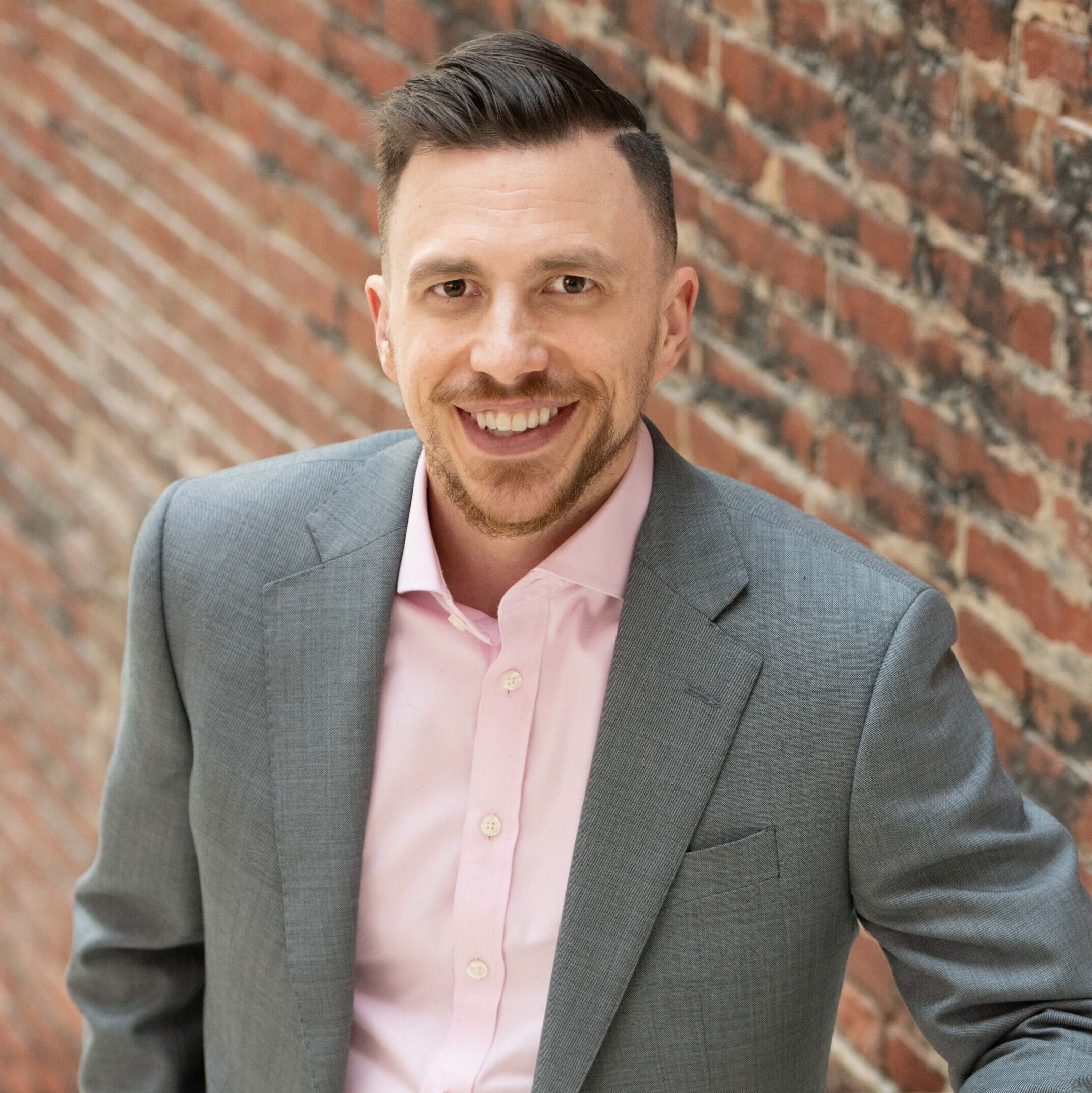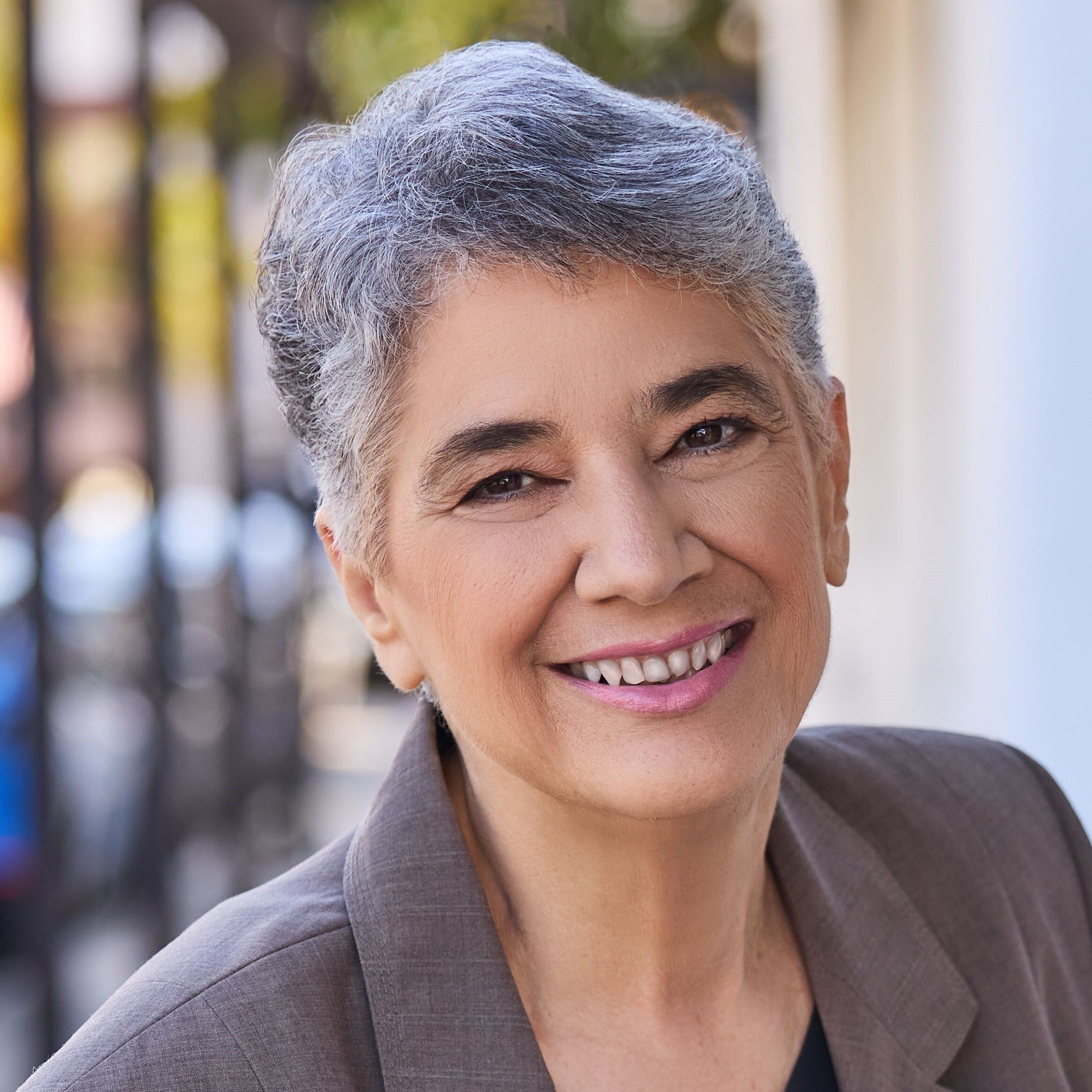Jonathan Rothwell
Well, marriage has been universally practiced, as far as we know, for all of human history and before, so it’s hard to imagine that it needs defending. Um, but we know that the marriage rate has fallen in the United States, and many developed and, and, uh, you know, rich countries, over the last few decades. And so, it, uh, one of the reasons I think that’s happened is that elite secular culture has diminished the value of marriage, and so here we are today, discussing and debating that value. My main argument for in, marriage, is that humans crave and benefit from intimate, long-term relationships. And marriage is the institution that has evolved to secure those relationships, and to strengthen their quality, in the face of selfish tendencies that might otherwise lead us to be poor partners, or to take advantage of intimate relationships.
Thus, adults are usually happier when they are married, and most people will benefit from aspiring to be married, getting married, and staying married. Let me elaborate on these points. Evolution has shaped our bodies, our hormones, and neurotransmitters to facilitate and to maintain pair bonding, that is typical of, uh, marital relationships. Take three examples. Testosterone levels adjust among married men, and in the presence of their own offspring, in ways that facilitate pair bonding and monogamy. Oxytocin is associated with the reward centers of our brain, and is elevated in the presence of romantic partners. Human male sex organs more closely resemble those of primates that practice monogamy relative to primates that do not practice monogamy. All of this points to the fact that monogamy is deeply rooted in, in human evolutionary biology, and very much a natural way of life for humans.
Yet, humans also contain, uh, many selfish instincts, to put our own lives, desires, and reproductive fitness ahead of others. How do humans secure monogamous relationships in the face of competition from others who may give us more fit offspring or satisfy our desires in some way? I think the answer, uh, is, is, is marriage. It’s an answer that has been arrived at by many different cultures, uh, throughout, uh, uh, the history of the human species, to s- to such an extent that it’s called by anthropologists a cultural universal.
So what does marriage do? Several things. As a commitment device, it secures and strengthens the relationship. It does so by reducing the risk of being left abandoned or mistreated. It does so by encouraging generosity, emo- investment, emotionally, financially, uh, and physically. Like any contract, marriage clarifies the legal and social obligations people have to one another, reducing conflict and enhancing the quality of the relationship. Given all this, it’s not surprising that empirical data shows that married people express higher levels of wellbeing than non-married people, and married couples have more loving and supportive relationships than non-married couples, regardless of cohabitation status. Married people also argue l- less frequently than, than non-married couples.
These types of outcomes r- regarding happiness can be found in, in day-to-day experiences of happiness or, and less experiences of negative emotions, as, as, as asked on surveys conducted by Gallup and other organizations. Th- this sort of wellbeing is also revealed when asked to evaluate their life at a, at a larger scale, over the course of their entire life, and married people are much more likely to say that they are living their best lives.


















JOIN THE CONVERSATION